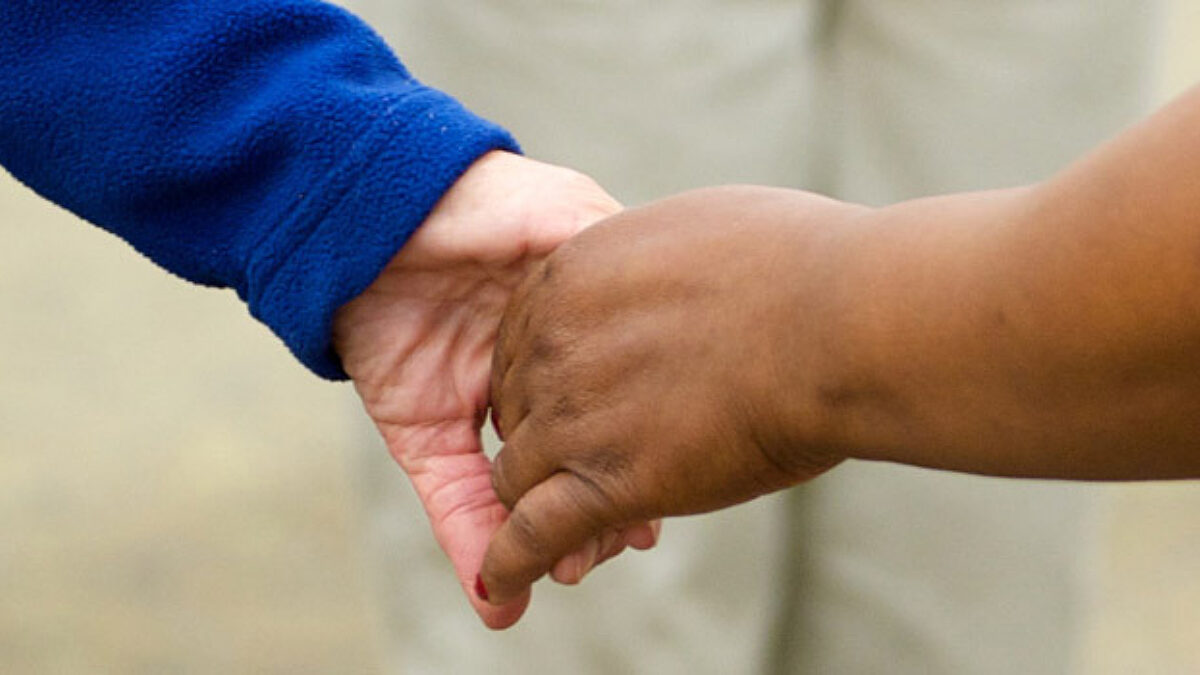
Advocate’s South Carolina Stories of Racial Awakening Project: Narrative 20
‘Daddy, do white people worship the same God we do?’
By Delaine Armetta Frierson
Editor’s note: The following is the 20th narrative accepted for publication in the Advocate’s South Carolina Stories of Racial Awakening Project. See guidelines, here.
I remember being aware of race and discrimination when I was about 3 years old. My daddy, the late Rev. Theodore Roosevelt Frierson, pastored at Silver Hill Methodist Church in Spartanburg in the 1950s. Back in the day, colored teachers could lose their jobs if they were members of the National Association for the Advancement of Colored People. Yet teachers were standing on the porch of the parsonage, proudly displaying their NAACP membership cards.
Later, when we moved to Sumter, life was rather idyllic with one major exception: Ddaddy and some other black ministers were threatened by the Klan. Ministers, with loaded shotguns, kept watch at night, and they meant business.
I also remember the water fountains in the department store in downtown Sumter—one for whites, and one for coloreds. (We were still called “colored” then.)
When our family moved to Florence, my sister, Beverly, and I decided to transfer to the previously all-white junior high school under the Freedom of Choice plan. I was in the eighth grade, and Beverly was in the ninth. That is when things began to change.
The summer before Beverly and I helped integrate the public schools of Florence, Daddy and other ministers arranged for us to participate in Harmony School. It was a seminar consisting of some white liberals from the North who told us to what to expect and how to react. We were urged to be non-violent.
At school (Poynor Junior High, then McClenaghan Senior High), some of our white classmates were friendly to us, but others did not want us there.
One day, I asked my Daddy if white people worshiped the same God as we did. Now, I wasn’t a stupid child, but Daddy must have thought I was to ask such a question. He wanted to know why I asked. When he told me they worshipped the same God, I asked how could they and yet do the mean things they did to us in school.
A white teacher stuck the Confederate flag in the middle of the blackboard; white boys pulled the chair from under me in study hall and tried to push me down the step. My crime? Being a Negro. We were called Negroes then, and yes, we were confronted with supposedly intelligent people who just couldn’t pronounce the word correctly.
My experiences in junior high and high school were so different from those I experienced in my previous all-black schools. In the past, I had been the perfect little student, but now I found myself having to protect myself by fighting.
One day, after school, I announced to my daddy that although I respected Dr. Martin Luther King and I believed in non-violence, if someone hit me or spat on me, I was striking back.
Although I did not get into fights every day, I knew I would never choose to attend a white college. I told my parents that I could put up with certain things in high school, but there was no way I was going to pay to go somewhere where people treated me less than equal. I had the protection of my parents in junior and high schools, but I was determined not to sleep in dorms with white students.
Although I received letters of interest from top-notch white schools, I refused to apply. I went to Hampton Institute as an undergrad.
When it was time for graduate school, Beverly chose a white school, Emory University. I told her my visits to her would be limited.
After college, I began to change. I always said I would never be caught dead in Alabama or Mississippi at night. In the late 1970s, not only did I travel through Alabama at night, but Beverly and I also drove to New Orleans for a Democratic meeting with a white girl, and the three of us spent the night together in a motel—in Alabama!
Now that I am older, I realize that black and white people do worship the same God, but I wonder: Is our worship perfunctory, or are we true disciples of Christ?
Disciples of Christ don't do mean things to children who are born with chocolate-colored skin.
Disciples of Christ don't place white hoods over their faces and threaten black families at night.
Disciples of Christ fight for justice and know the awesome transformative power of forgiveness.
It's the second week of October 2017. Every weekday morning, all I need do is listen to Roland Martin on News One Now for affirmation that disparity still exists in our society, and racism is one of its most destructive forms.
I do not claim to be colorblind. My antennae are always tuned to differences in our society that are rooted in our problem with color and race. But now, at the age of 64, I see that there is good and bad in all of us.
That awareness now enables me to work cooperatively with people of all races for the betterment of society.
Frierson, 64, is an African-American female member of Journey United Methodist Church, Columbia.